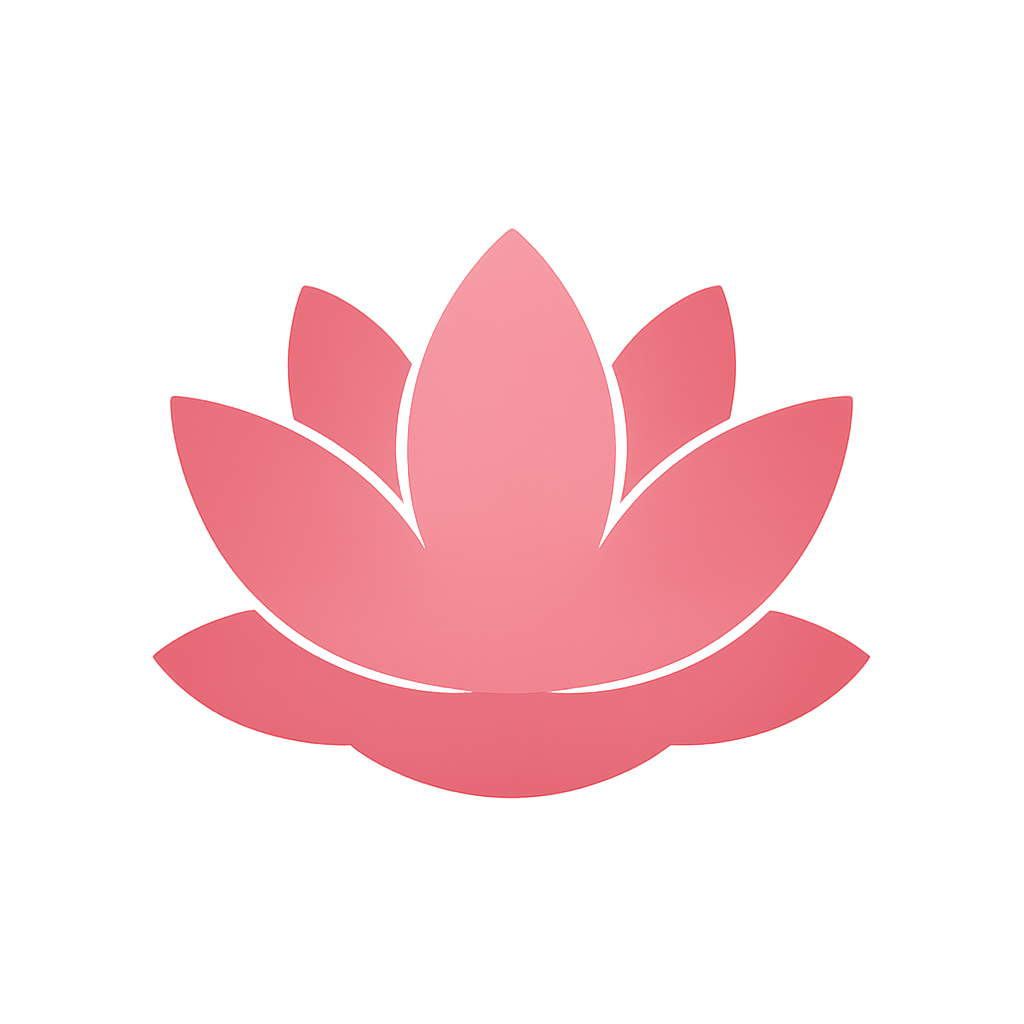My Approach to Psychotherapy
Even when you feel stuck, hopeless, or overwhelmed, there lies a power within you to choose, connect, find clarity, feel relief, and grow.
-Thích Nhất Hạnh
“Lotus flowers will only grow in mud. It is the mud of life that offers the nutrients for our souls to strength and our hearts to grow.”
At the core of my approach to therapy is a fundamental belief that each and every one of us has this innate capacity to heal, grow, connect, and sense what’s right for us and make choices accordingly, like an intuition.
However, things like adverse childhood experiences, intergenerational trauma that is passed down, and living in a world shaped by settler colonialism and systems of oppression, often make it difficult to access and trust this innate capacity, even if it’s always there.
In addition to helping you meet your specific needs and goals for therapy, I see part of my role as supporting you in reconnecting with this capacity for healing, inner wisdom, agency, and authentic voice and strengthening your relationships with yourself, others, and the world.

trauma and (C)PTSD
attachment wounds & inner-child work
anxiety & depression
people-pleasing and codependency/self loss
disability, chronic pain + illness
grief and loss
loneliness, connection, & authenticity
racial and cultural identity; immigrant experiences
I explore many different topics and concerns with my clients but have the most experience and interest in:
gender & sexual/affectional identity exploration
asexuality and aromanticism
neurodivergence and (un)masking
needs, boundaries, communication, & conflict
ENM, polyamory, and/or relationship anarchy
childhood emotional neglect and abuse
impacts of oppression, marginalization and/or privilege
relationship to body
